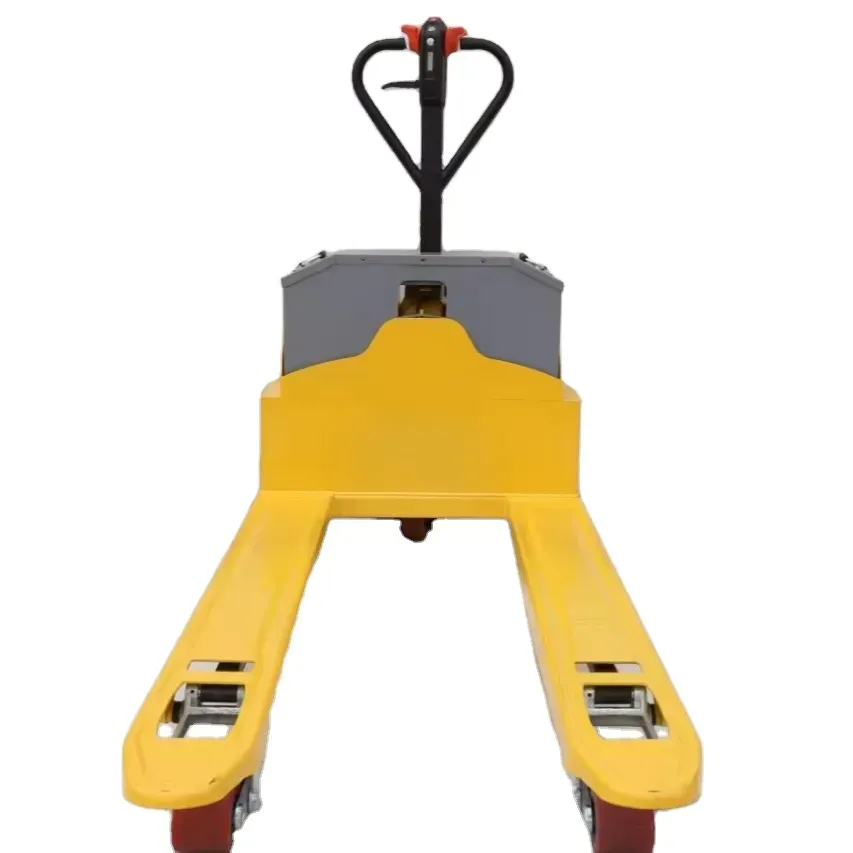


The Rise of Automated Pallet Trucks Revolutionizing Warehousing and Logistics
In today's fast-paced global economy, efficiency and productivity are paramount in warehousing and logistics operations. One innovation that has significantly transformed this sector is the automated pallet truck. These advanced machines are designed to streamline the movement of goods within warehouses and distribution centers, making operations more efficient and reducing labor costs.
Automated pallet trucks are equipped with sophisticated technologies such as sensors, navigation systems, and artificial intelligence. They can transport heavy loads with precision and ease, eliminating the risks associated with manual handling. Unlike traditional pallet trucks that require an operator, automated versions can work independently, following programmed routes and adapting to changing environments. This autonomy allows for continuous operation, reducing downtime and enhancing overall productivity.
The integration of automated pallet trucks in logistics not only improves efficiency but also increases safety. By minimizing human intervention, the likelihood of workplace accidents is significantly reduced. Workers can focus on more strategic tasks, such as inventory management and quality control, while automated trucks handle monotonous and physically demanding duties. This shift in labor dynamics fosters a safer work environment and promotes employee well-being.

Furthermore, the use of automated pallet trucks contributes to better inventory management. Equipped with advanced software, these trucks can track the movement of goods in real time. This capability not only helps in maintaining optimal stock levels but also allows for better forecasting and planning. As a result, businesses can respond more swiftly to market demands, reducing the risk of overstocking or stockouts.
Sustainability is another crucial benefit associated with automated pallet trucks. Many models are designed to be energy-efficient, utilizing electric power sources that generate minimal emissions. This aligns with the growing emphasis on sustainable practices within the logistics industry, as companies strive to reduce their carbon footprints and enhance their corporate social responsibility.
In conclusion, automated pallet trucks are reshaping the landscape of warehousing and logistics. Their ability to enhance efficiency, improve safety, streamline inventory management, and promote sustainability makes them an invaluable addition to modern supply chains. As technology continues to evolve, the reliance on automated solutions will undoubtedly proliferate, driving further advancements in operational excellence across the industry. Businesses seeking to remain competitive must consider the adoption of these innovative tools to meet the demands of the future.



